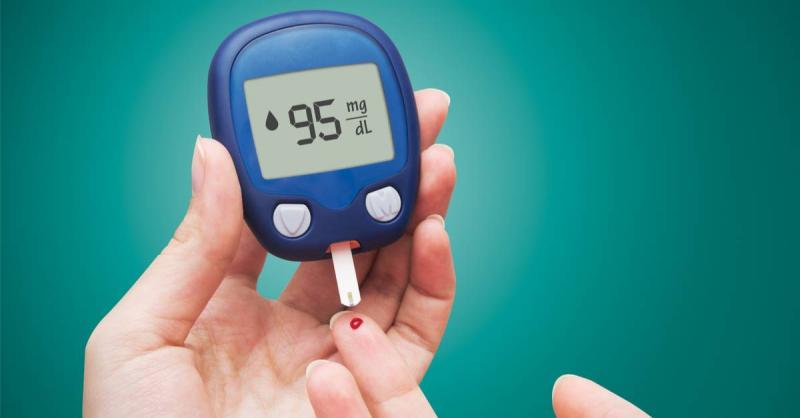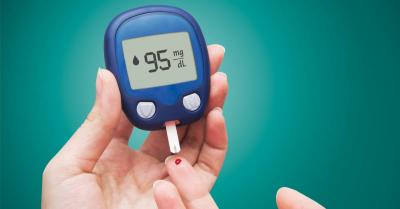Diabetes is affecting more young people, adolescents, and children in recent years. It is clear that the rates of this disease have significantly increased recently. This condition arises from excessive concentrated sugar levels in the blood over the long term. In the case of type 2 diabetes, this results from two problems: the cells' resistance to insulin, which prevents the adequate absorption of sugar, or it may arise from the pancreas's inability to produce sufficient amounts of insulin to maintain blood sugar levels, according to Topsante.
Can reliance on diabetes medications be halted? Diabetes medications are a burden for many patients, although some manage the disease and take their medications routinely without issue. At the same time, doctors emphasize the importance of adopting a healthy lifestyle for both the prevention and management of the disease. The dietary regimen followed plays a vital role in this regard.
In a study conducted by an American researcher over more than ten years on the impact of dietary systems on type 2 diabetes, it was found that certain diets could help in discontinuing diabetes medications at some point. After conducting numerous clinical trials, it was revealed that a low-calorie liquid-based diet and a diet low in sugars are among the systems that could allow for the cessation or reduction of medications.
It was also possible to conclude that some diets are not effective in combating type 2 diabetes, such as low-fat and low-calorie diets, as well as the Mediterranean diet. In these cases, the chances of discontinuing medications did not appear viable.
The most effective dietary system was one that significantly reduced daily caloric intake to 850 calories. After one year, 46% of participants were able to stop their medications for a certain period. After two years, 36% were still in a state of medication cessation.
Another successful system is the low-sugar diet, which involves consuming no more than 25 or 30 grams of sugar per day to reach a stage where the body converts sugar into a source of energy instead of fats. This helps regulate blood sugar levels by reducing the high sugar levels that cause rapid increases.
According to a new study, thanks to this dietary regimen, it was possible to significantly reduce medication consumption compared to those who do not follow it. It was found that 47% of those who adhered to this dietary plan discontinued their medication after one year. Continuous monitoring of blood sugar levels showed promising results in following this type of dietary regimen.




